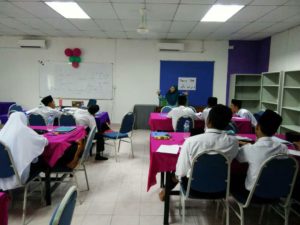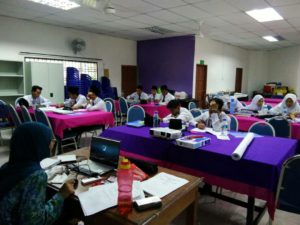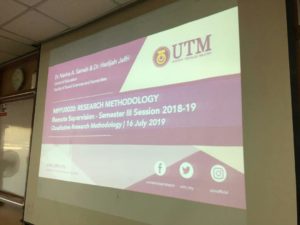It was quite common for me to have relief class during Latihan Ikhtisas. Sometimes, I had few relief classes almost every day. At first, I didn’t know what to do during relief class other than “following” the normal practice i.e. let the students do their own work. But after some time, I decided to do some activities (with rewards).
Among the activities that I would do was spelling bee and trivia (quiz about general knowledge) but for form 3 and form 5 students, I would normally ask the teachers if they had handouts that they want me to use when I had their relief class and we would have discussion after that. In a way that, I would end up teaching the students. I did these few times and later on the principal and the GPK knew about it and thus, I would end up taking ALL relief classes for English regardless of the forms. For examination classes i.e. form 3 and form 5, I would normally assign to do revision exercise with them for grammar, writing, literature and such.
Normally, what I did was if I knew in advance that I would be given a relief class, sometimes I would book the computer room and did activities using Quizziz such as online trivia. Of course, some students were hesitated but I normally would reward those who got the right answer etc. with chocolates. The funny thing was sometimes when the students knew that they would get a relief teacher on certain time, they would ask me if I would be the relief teacher because they wanted to “play English game”. Yeah right! The power of positive reinforcement. Indeed.






